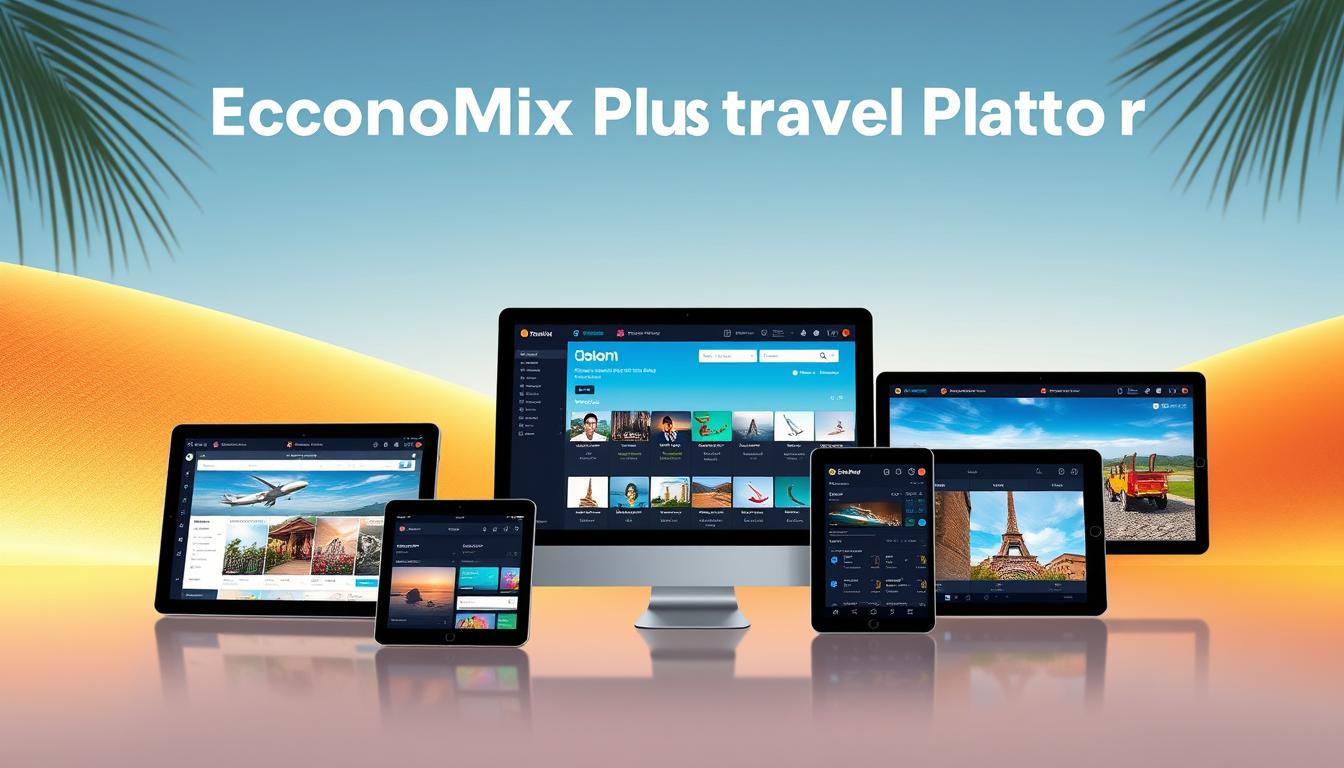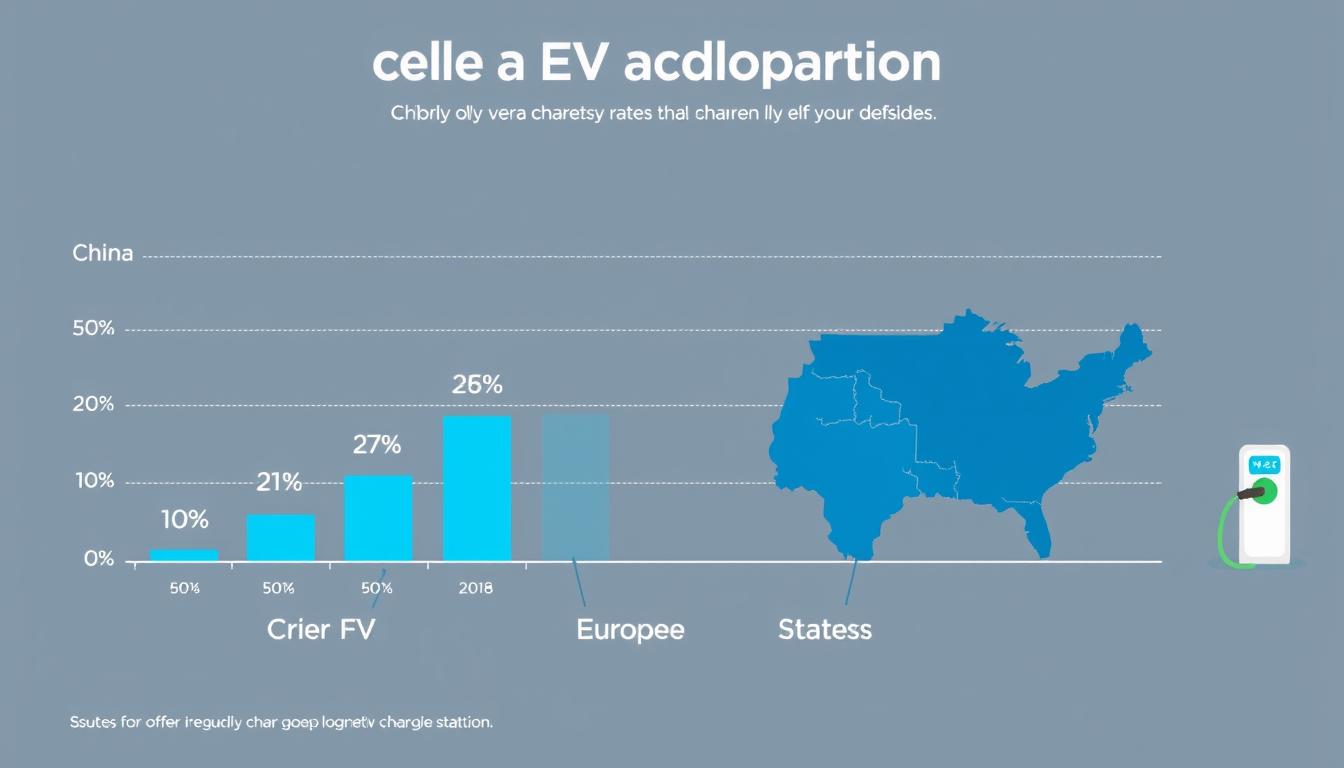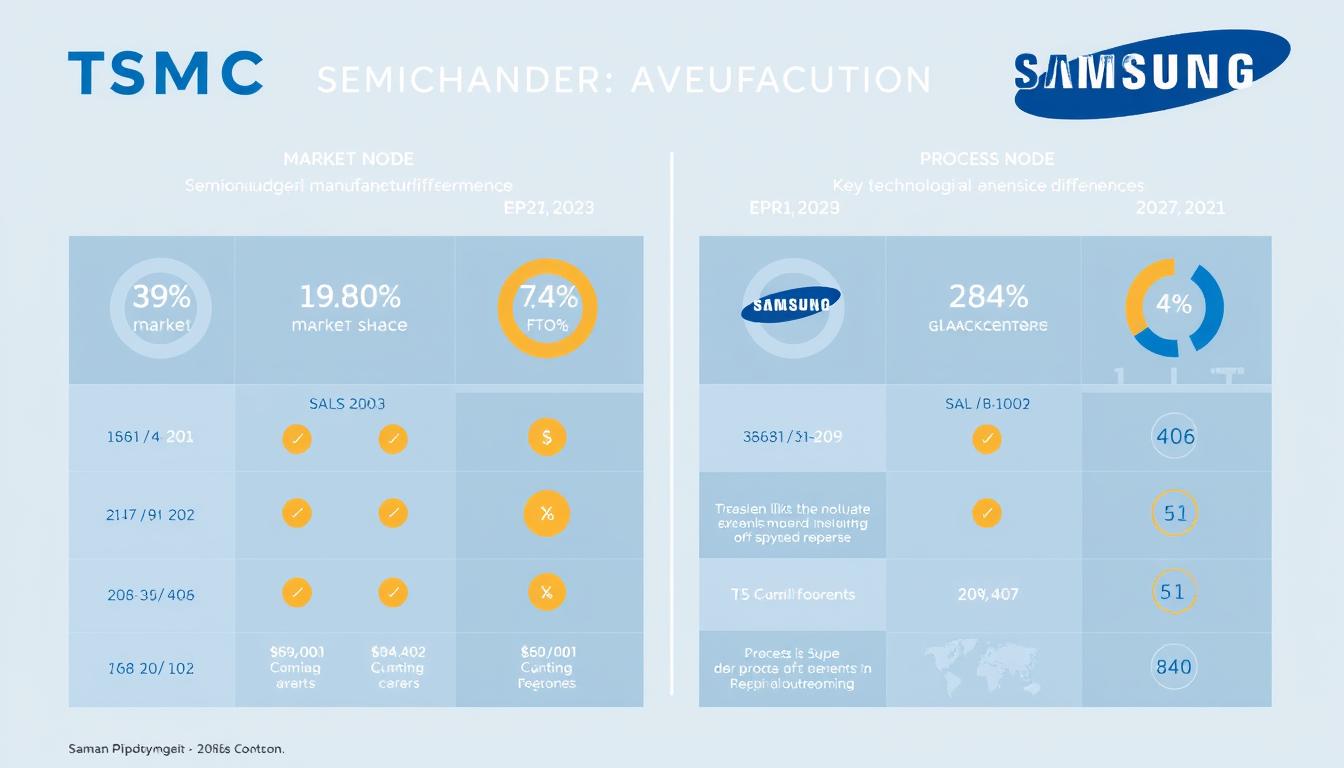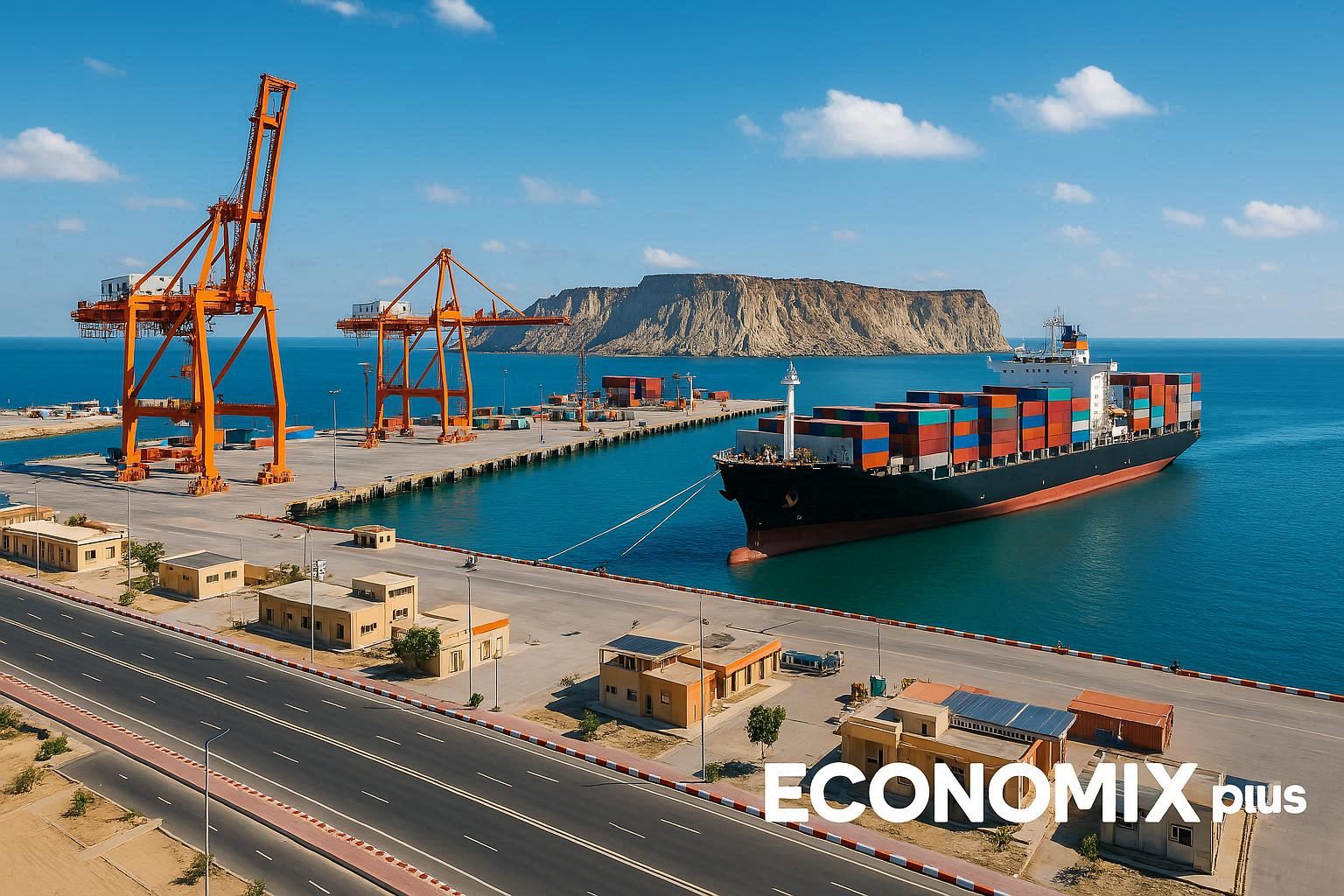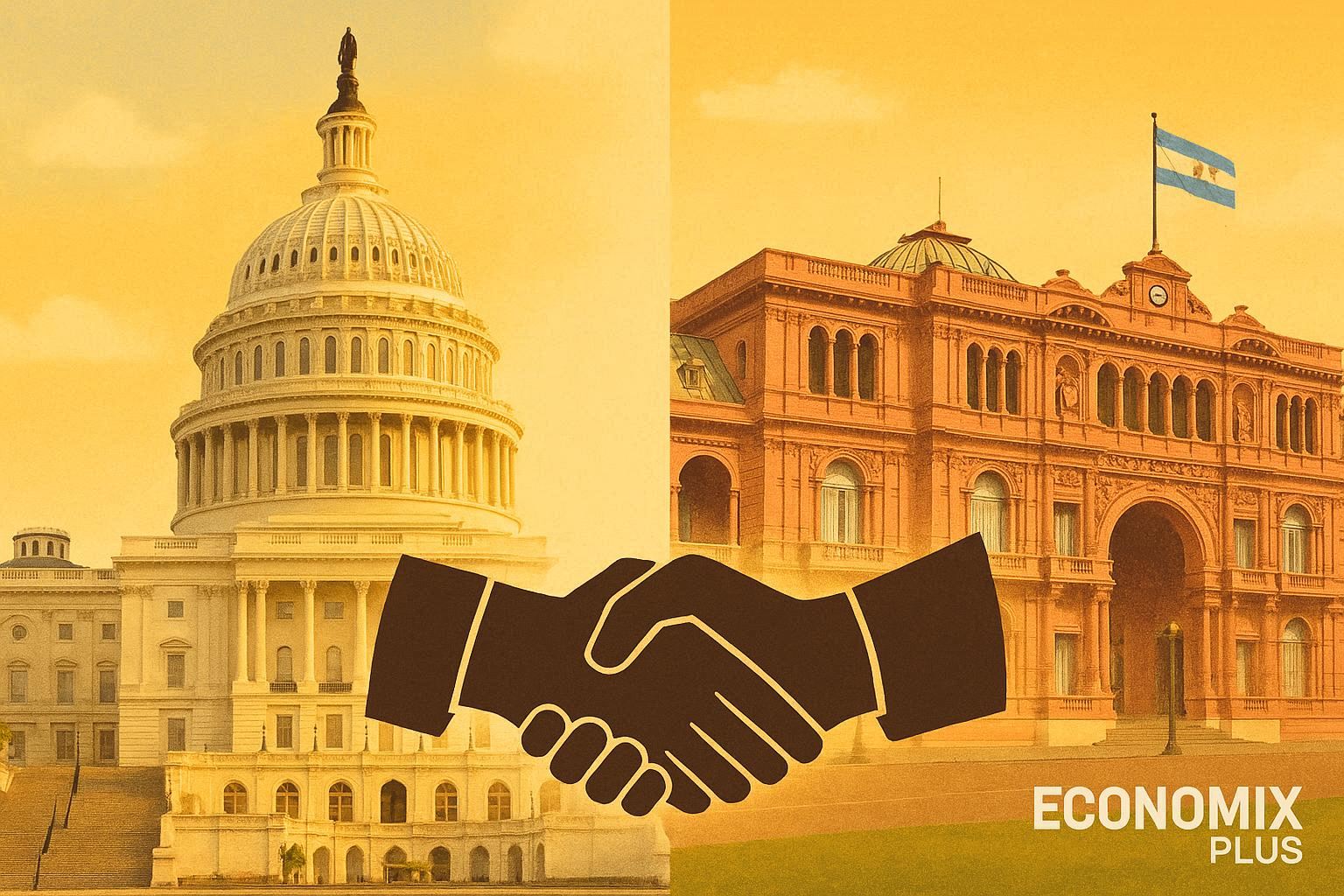Imagine a world where booking flights and hotels felt seamless, even in regions with fragmented digital infrastructure. On February 29, 2012, a startup emerged with a bold vision to solve this exact challenge. Beginning as a metasearch engine, it quickly expanded into a powerhouse for end-to-end travel solutions across Southeast Asia.
The company’s early adoption of innovative technology allowed users to compare prices effortlessly while integrating hotel reservations and flight bookings. By prioritizing localized needs, the platform addressed pain points like unreliable listings and complex payment methods common in emerging markets.
Soon, financial services became part of its strategy. This move let travelers access flexible payment options and insurance products, creating a holistic lifestyle ecosystem. The shift from a simple search tool to a multifaceted service provider set new standards for convenience in the industry.
Key Takeaways
- Founded in 2012, the platform began as a metasearch engine before expanding its services.
- Early integration of financial products streamlined payments for Southeast Asian travelers.
- User-centric design prioritized regional challenges like fragmented booking systems.
- Technological innovation helped the company dominate a competitive market.
- Rapid growth was fueled by adapting to local cultures and infrastructure needs.
The Journey of Innovation: Traveloka’s Evolution in Asia
In 2015, a strategic shift turned a flight-focused metasearch tool into a full-service travel hub. This pivotal transformation was not merely about adding services; it was a comprehensive overhaul that aimed to enhance user experience and streamline travel logistics. The platform began offering hotel reservations, activity bookings, and bundled deals, effectively becoming a one-stop shop for travelers.
This expansion addressed a critical gap: fragmented travel planning in Southeast Asia’s diverse markets, where varying standards and practices often complicated the travel experience. By integrating these services, the platform provided a seamless booking process that catered to the unique needs of its users, ensuring they could easily plan their entire trip in one place.
From Metasearch Engine to Comprehensive Booking Platform
Early iterations focused on comparing flight prices. By integrating real-time data, the company streamlined booking processes for flights, hotels, and local experiences. This range of services products, including features like instant confirmation and multilingual support, catered to regional preferences in the tourism industry.
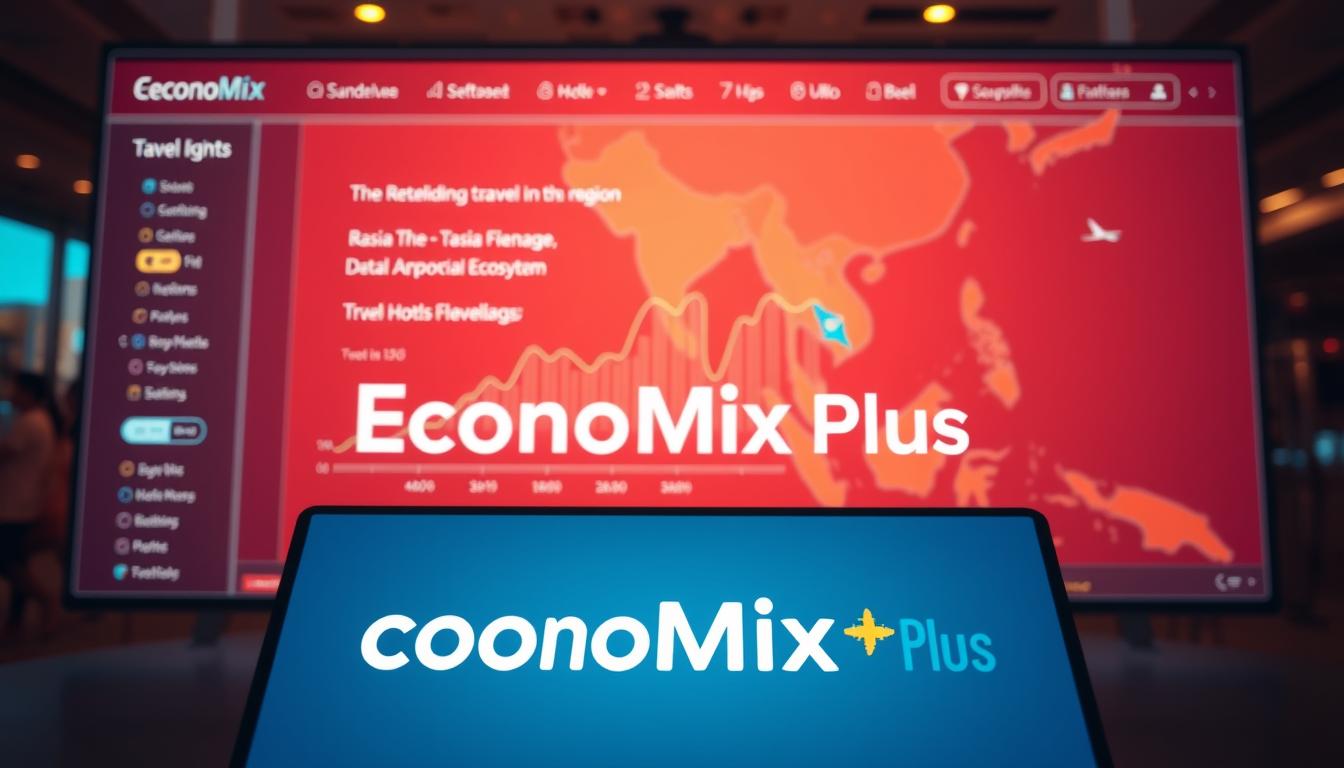
Expanding Across Southeast Asia and Beyond
Growth accelerated as the platform entered Indonesia, Thailand, and Vietnam. Localized payment gateways and partnerships with regional airlines fueled adoption. By 2018, services reached over 10 million monthly users.
| Year | Market Expansion | Key Services Added |
|---|---|---|
| 2015 | Indonesia, Thailand | Hotel bookings, travel insurance |
| 2017 | Vietnam, Philippines | Activity packages, loyalty programs |
| 2019 | Malaysia, Singapore | Subscription plans, car rentals |
Data analytics shaped personalized recommendations, while AI-driven chatbots improved customer support. These innovations solidified the platform’s role as a travel lifestyle companion, blending convenience with cultural relevance.
How Traveloka Transformed Travel and Hotel Booking in Asia
Reaching a decade of operations marked a turning point for the company. Milestones like the 10-year anniversary celebration highlighted its journey from a niche platform to a lifestyle superapp. Strategic decisions during this period reshaped how millions accessed travel and lifestyle solutions, with Traveloka also expanding its range of products services to cater to diverse business needs.
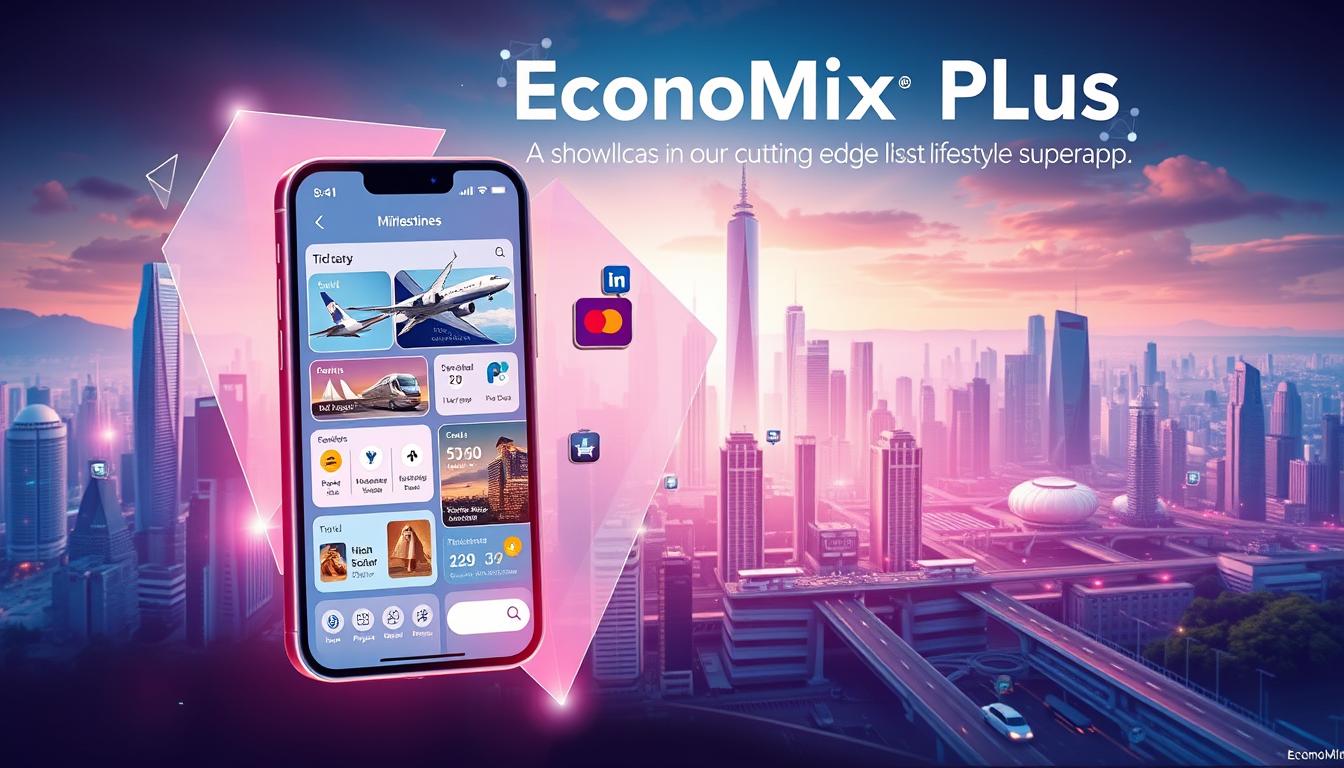
Breaking New Ground in Services and Markets
In 2017, the launch of PayLater revolutionized payment flexibility. This feature allowed users to book now and pay later, addressing cash flow challenges common in emerging economies. The same year, the platform expanded its products services, integrating accommodation bookings and local activities into one interface.
By 2020, the evolution into a lifestyle superapp was complete. Beyond flights and hotels, users could order food, stream entertainment, and manage finances. Regional expansions into Thailand and Vietnam further diversified its business reach.
The annual EPIC Sale became a game-changer. Offering discounts up to 50%, it attracted over 5 million participants in 2021 alone. Events like these cemented the brand’s reputation for customer-centric innovation while reshaping the industry’s approach to promotions.
Key partnerships with airlines and local vendors ensured seamless time-saving experiences. These collaborations, paired with timely product launches, kept the platform ahead of competitors. Today, over 40 million active customers rely on its ecosystem for travel and lifestyle needs.
Leveraging Technology and Data-Driven Strategies
When global travel froze in 2020, one platform turned data into survival tools. By analyzing real-time user behavior through Amplitude’s analytics suite, the company identified shifting demands within days of border closures. This deep dive into analytics not only highlighted emerging travel preferences but also revealed customer concerns about safety and flexibility.
This agility allowed rapid product pivots, like promoting domestic stays and flexible cancellation policies. Furthermore, the platform introduced tailored messaging to reassure users, emphasizing health protocols and the ease of booking changes, which helped restore consumer confidence during uncertain times.
Implementing Real-Time Analytics for Agile Decision-Making
The integration of live dashboards transformed how teams operated. Managers could track booking trends hourly, adjusting marketing budgets and inventory allocations instantly. During the pandemic, this approach reduced response times by 68% compared to traditional methods.

Fintech Innovations: The Emergence of PayLater and Virtual Number
In 2021, the PayLater Virtual Number revolutionized payments. This technology generated unique digital accounts for each transaction, streamlining refunds and reducing fraud risks. Users could split payments across 90 days while merchants received instant settlements.
| Feature | Impact (2020-2022) | User Growth |
|---|---|---|
| Real-Time Analytics | 42% faster decisions | +8M active users |
| PayLater Virtual | 3.2x payment speed | +12M transactions |
These financial services didn’t just retain customers—they attracted new demographics. Over 35% of virtual number adopters were first-time users of the platform. As one executive noted:
“Data didn’t just inform our strategy—it rewrote our playbook during impossible times.”
The fusion of analytics and services cemented the platform’s role as a lifestyle superapp. By 2022, 60% of revenue came from features developed post-2020, proving adaptability as the ultimate growth engine.
Empowering Partners and Enhancing User Experience
Collaboration became the cornerstone of growth as the platform deepened ties with regional businesses. By aligning with clean partners—hotels and venues meeting strict hygiene standards—it boosted traveler confidence. This initiative expanded accommodation inventory by 40% in cities like Ho Chi Minh City during 2021.
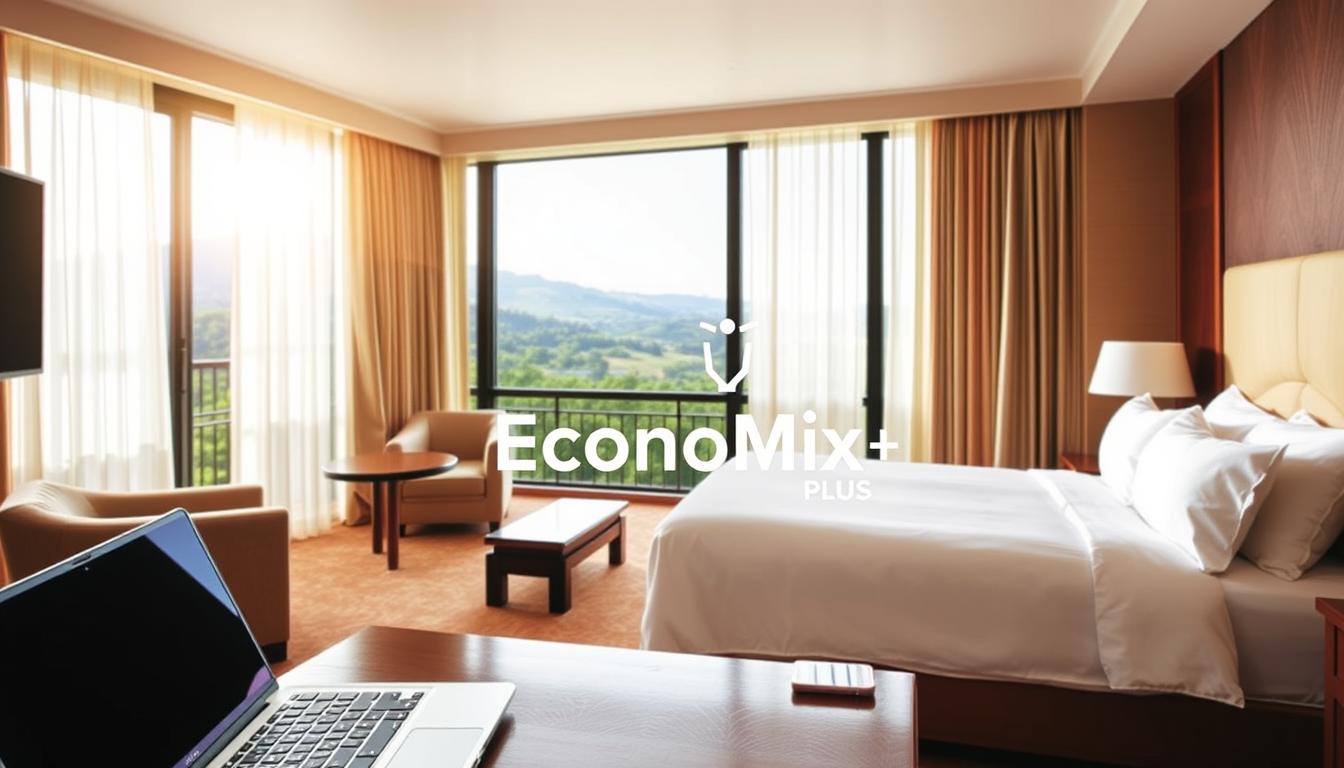
Collaborative Initiatives with Local and Global Partners
Strategic alliances with airlines and tourism boards helped streamline products services. The company also partnered with vaccination centers to offer travel health packages, merging safety with convenience. Over 1,200 SMEs joined its ecosystem through programs focused on growing together.
During the pandemic, the platform supported partners with zero-commission campaigns. One hotel owner noted:
“Their flexible policies kept our business alive when tourists disappeared.”
Gamification and Enhanced Booking Experiences
Interactive features like scratch cards and spin-the-wheel deals drove engagement. Users earned discounts by completing challenges, such as sharing travel plans. The annual EPIC Sale saw 3.2 million bookings in 2022, with partners reporting 55% higher revenue during promotions.
Live-streamed flash sales and AR-powered virtual tours further enriched the digital experience, allowing users to engage with offerings in real-time and explore destinations from the comfort of their homes. These innovative approaches not only attracted more users but also provided a sense of urgency and excitement, driving immediate bookings.
These efforts transformed routine bookings into dynamic activities, creating memorable interactions that went beyond traditional travel planning. This strategy cemented the platform’s role in shaping Southeast Asia’s tourism industry, as it adapted to the evolving needs of travelers and set new standards for digital engagement.
Conclusion
Over the past decade, a digital revolution reshaped how millions explore Asia’s diverse landscapes. What began as a metasearch engine evolved into a lifestyle superapp, blending flight comparisons with sustainable tourism initiatives. This transformation addressed fragmented systems through real-time analytics and localized financial services.
The platform’s innovations—like PayLater and virtual payment tools—redefined convenience. Annual events such as the EPIC Sale drove record engagement, while partnerships with businesses in Ho Chi Minh City and Bali expanded service ranges. These strategies proved vital during challenging times, ensuring uninterrupted access to seamless bookings.
Looking ahead, the focus remains on growing together with users and partners. By integrating eco-conscious practices and expanding products services, the lifestyle superapp continues elevating travel standards. Its journey reflects a commitment to shaping Asia’s tourism industry through tech-driven solutions that prioritize both progress and cultural relevance.
FAQ
▶
▶
▶
▶
▶
▶
